-
Strategy
We are committed to creating optimal conditions that promote the well-being of our team and the responsible development of society as a whole.
Our social commitments are based on five essential pillars:
● Promoting our values and corporate culture
● Fostering diversity and inclusion
● Investing in talent
● Ensuring well-being and safety
● Creating a positive impact on society

Our goal is to guarantee equal opportunities for all, without exception, and to bring about a favourable environment which facilitates and enhances equal opportunities, non-discrimination and diversity. All in accordance with the current legislation in each country and following international best practice, including the provisions of the Sustainable Development Goals (SDGs) approved by the United Nations in these areas.

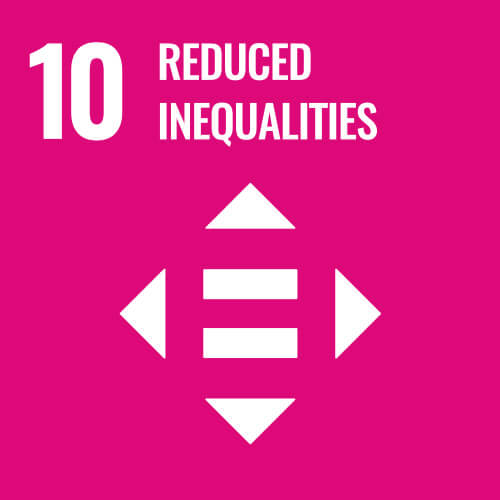
Bergner presents its Diversity manifesto: a set of action principles about diversity and inclusion which form part of the company's DNA and which aim to raise the awareness of employees and society about the importance of celebrating and respecting diversity.

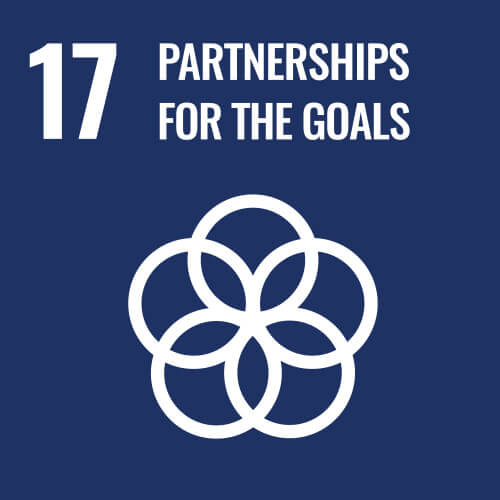
With the aim of continuing to boost diversity and equal opportunities, at Bergner we are members of the main associations which promote diversity, thereby demonstrating the will to improve continuously to make equality a reality.
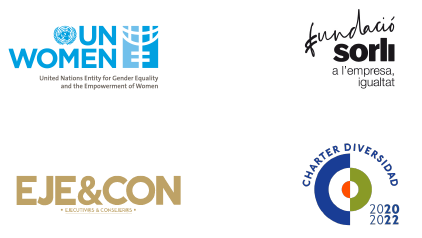
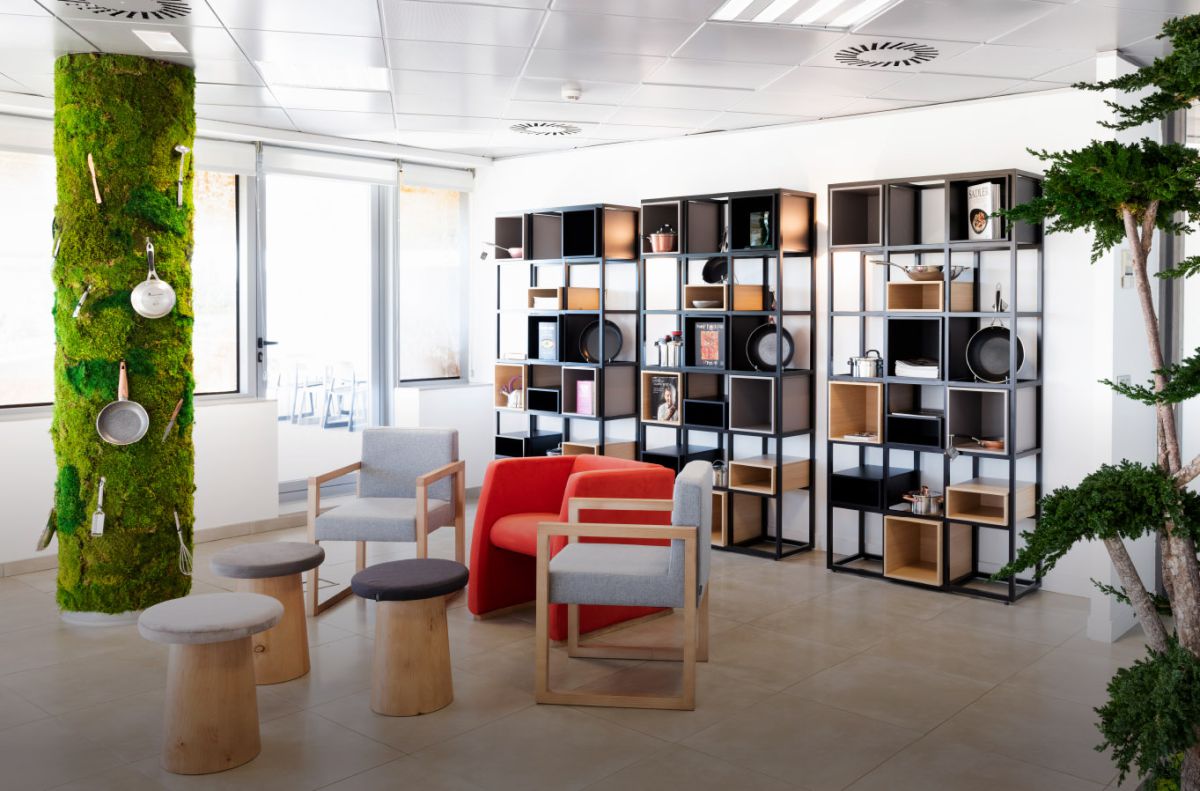
This plan governs and ensures that any action that must be taken is reported, monitored and addressed. This Plan includes procedures such as occupational risk assessments, planning of preventive activities, risk information, personal protective equipment, health and safety training for employees and health monitoring. We believe that the physical and mental health, safety and well-being of people are the most valuable assets. We are committed to developing and promoting a solid culture of safety throughout the Company, to guarantee a risk-free working environment in terms of health and safety.

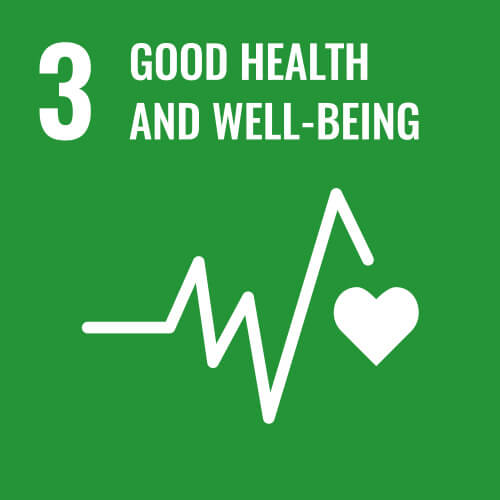
We adhere to the Luxembourg Declaration, a charter of principles drawn up by the European Network for Workplace Health Promotion (ENWHP) which establishes the basic action guidelines and the reference framework for the proper management of people's health in the workplace.
The ENWHP document of principles that we subscribe too, establishes the promotion of health in the workplaces as a business strategy which aims to prevent occupational risks (including work-related illnesses, accidents, injuries, occupational diseases and stress) and to increase the individual ability of the working population to stay healthy and maintain their quality of life.

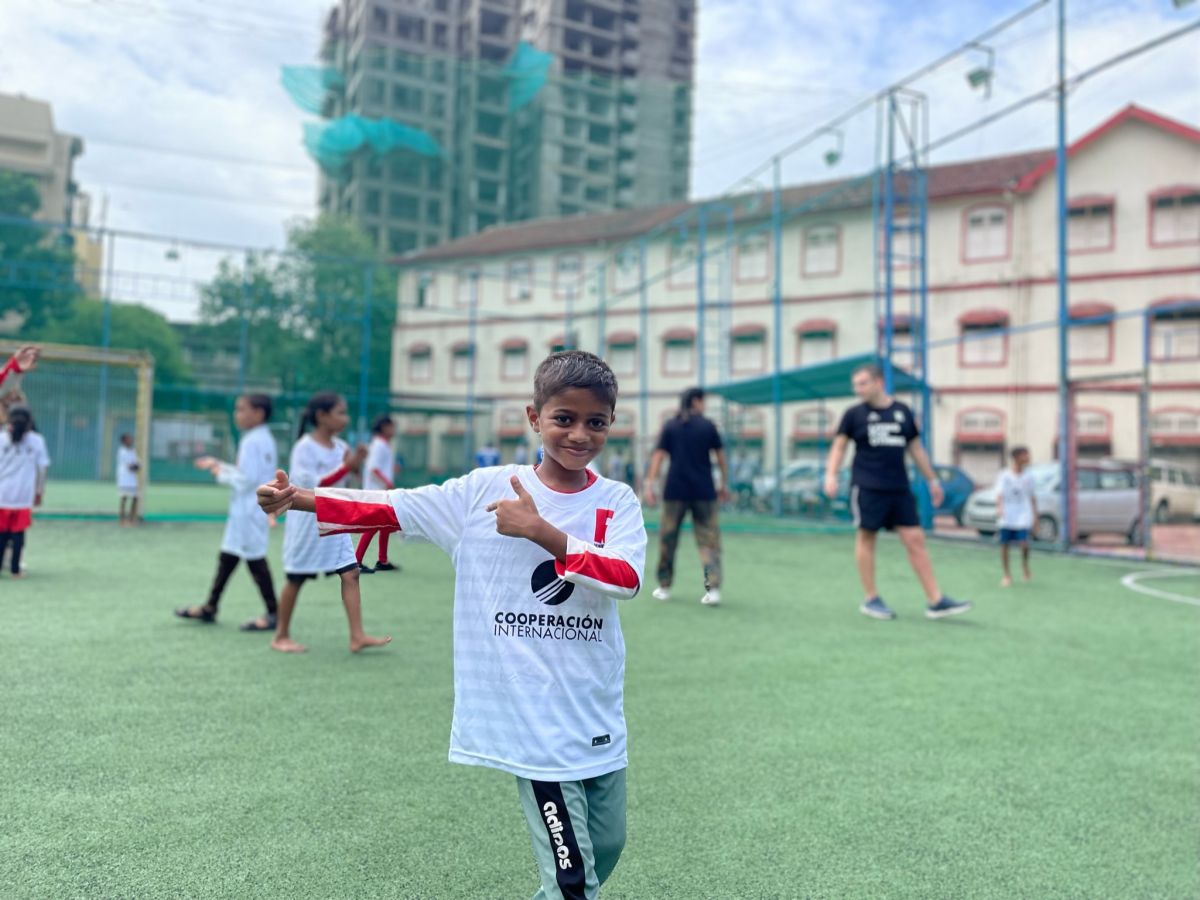
To carry out these initiatives, we work closely with the third sector (NGOs and other non-profit entities) with whom we maintain a constant and fluid dialogue. All of this aims to identify potential avenues for collaboration which enable us to contribute to the real needs of society.
